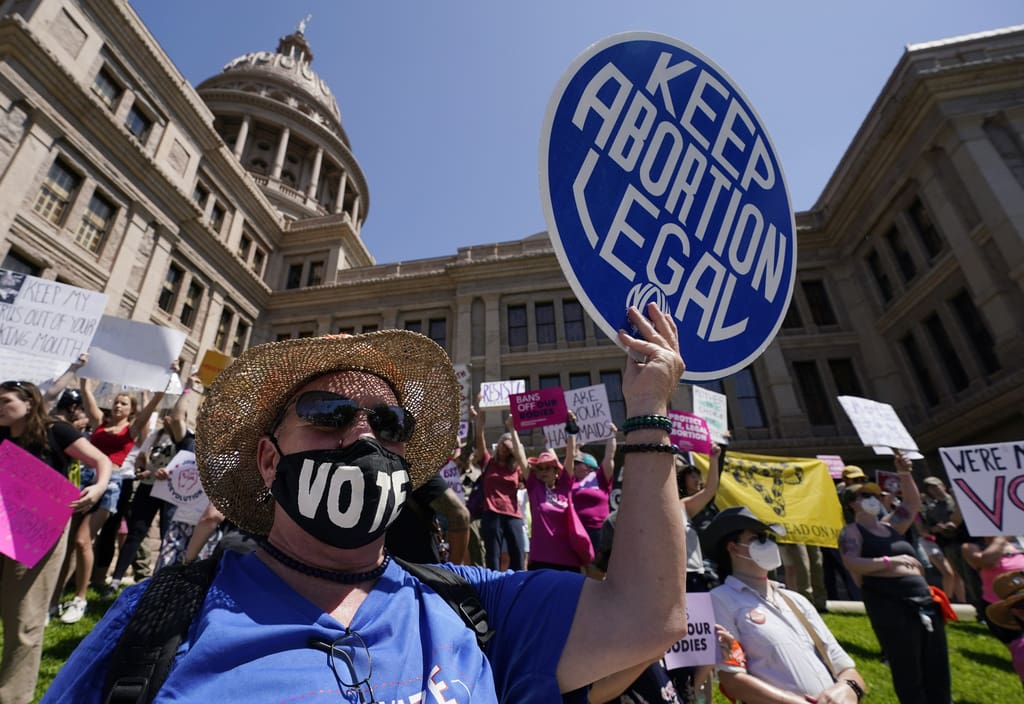State Efforts to Restrict Abortion Access Intensify
Amid a growing national debate over reproductive rights, several Republican-led state legislatures are advancing measures to further restrict abortion access. This includes proposals in states already known for stringent abortion laws.
The Supreme Court’s 2022 decision has allowed states to determine their own abortion policies. According to the Guttmacher Institute, which monitors reproductive rights globally, 12 states have enacted total abortion bans, while seven others have imposed significant restrictions.
West Virginia, for instance, maintains a total abortion ban with narrow exceptions for cases of rape or incest—allowing adults up to eight weeks into pregnancy and minors up to 14 weeks. However, a proposed bill by Delegate Lisa White seeks to remove these exceptions, with the backing of 10 Republican cosponsors.
Planned Parenthood South Atlantic’s policy director, Emily Womeldorff, stated, “The introduction of HB 2712 is a clear indication that cruelty is not only the point of these continued attacks on abortion care, but the priority.”
Similarly, South Carolina’s House is considering a bill that would abolish exceptions for rape and incest and eliminate the judicial bypass for minors without parental consent. South Carolina currently restricts abortions after six weeks but allows exceptions up to 12 weeks for rape or incest victims.
Furthermore, some states are targeting medications used for abortions, such as mifepristone. Legislation in Indiana, Missouri, Oklahoma, Tennessee, and Texas aims to classify these drugs as controlled substances, thereby criminalizing their possession or distribution. A similar law already exists in Louisiana.
While some controlled substances remain available for medical use, the reclassification in Louisiana imposes stricter storage regulations, potentially delaying access during emergencies. Dr. Jennifer Avegno, from the New Orleans Health Department, emphasized to NBC News, “Even if that adds a few minutes—which it will—in the setting of a life-threatening hemorrhage, minutes are really important.”
Wyoming faces unintended consequences from a broadly worded senate bill aimed at banning fetal destruction, which could inadvertently restrict treatments like chemotherapy and heart surgery.
Despite resistance, activists continue to pursue ballot initiatives to preserve abortion rights. In November 2024, seven states voted to embed such rights into their constitutions, but opposition persists. In Montana, where nearly 60% supported an initiative, Republicans are promoting House Bill 609 to penalize crossing state lines for abortion services with potential 40-year prison sentences.
Arizona and Missouri also face efforts to counter voter-approved abortion rights measures. In Arizona, Rep. Rachel Keshel introduced a bill to empower the legislature to override voter decisions. Similarly, Missouri’s Rep. Phil Amato is advocating for an online database to connect pregnant individuals with adoptive parents, dubbed “eHarmony for babies.”
As most states gear up for legislative elections in 2026, polling suggests Republicans may be misaligned with public opinion on abortion. A May 2024 Pew Research poll found that 63% of voters support legal abortion in most cases, while only 36% favor restrictions.
The Democratic Legislative Campaign Committee (DLCC) predicts that abortion rights will be a critical issue in upcoming ballots. DLCC President Heather Williams commented, “Republicans are pushing the boundaries of their extremism in state legislatures, launching increasing attacks on women.”





